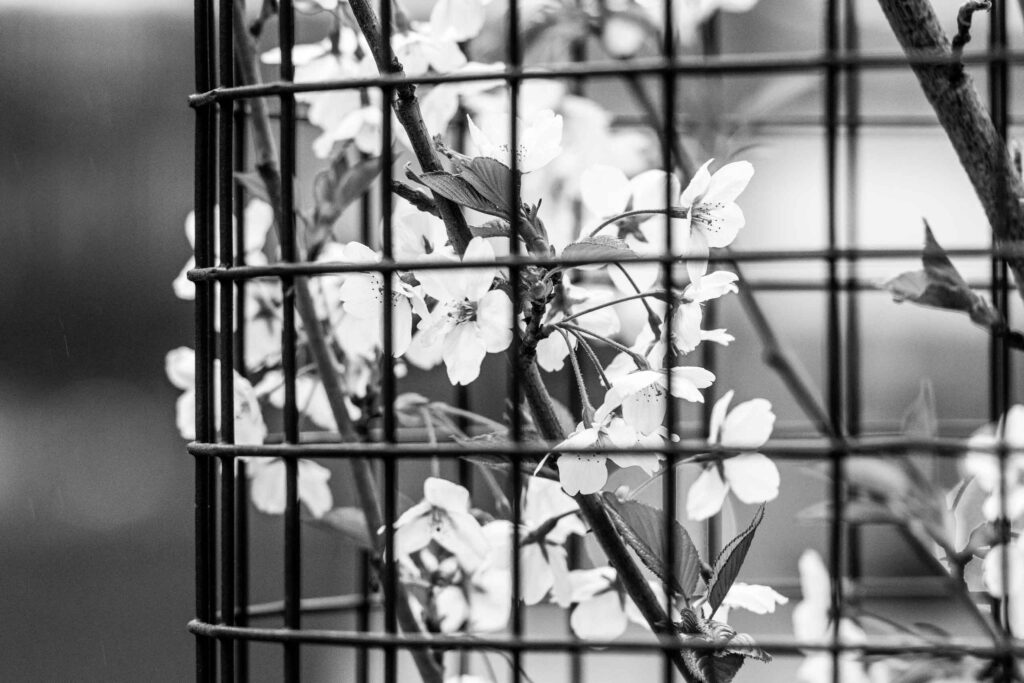Sa phostáil blag seo pléann Máirtín Mac Dómhnaill, scoláire MA in Ollscoil na Gaillimhe, an dán "Oícheanta Arabacha" le Deirdre Brennan.

faoin tionscadal
About The Project
The main objective of the Republic of Conscience research project is to collect and analyse the representations of international human rights issues and crises in modern Irish poetry. This research project includes poems written in Irish or in English as well as poems translated into Irish or English in the 20th and 21st century. A significant output is the searchable database with details of relevant poems collected to date. Republic of Conscience is funded by the Irish Research Council Laureate Award scheme. The project is hosted at the National University of Ireland, Galway (2018 to 2022).
Is é príomhchuspóir an tionscadail taighde seo anailís a dhéanamh ar an athláithriú a rinneadh i bhfilíocht na hÉireann le céad bliain anuas ar ghéarchéimeanna daonnúla agus ar sháruithe ar chearta an duine i gcomhthéacsanna idirnáisiúnta. Cuirfear idir dhánta Gaeilge agus dhánta Béarla san áireamh chomh maith le dánta ar aistríodh iad go Gaeilge nó go Béarla sa 20ú agus sa 21ú haois. Ar cheann de na torthaí taighde is suntasaí tá an bunachar sonraí inchuardaithe. Tá an tionscadal taighde seo á mhaoiniú ag an Chomhairle um Thaighde in Éirinn faoin scéim Laureate Awards. In Ollscoil na hÉireann, Gaillimh, atá an taighde ar siúl (2018-2022).
Snáitheanna Taighde
Research Strands

What human rights violations do Irish-language poets address in their poetry?

How have Irish poets writing in English addressed human rights issues in our interconnected world?

What is the role of the poet-translator in an interconnected world?
Léasanna Léargais
Emergent Ideas
Read about some of our latest research insights on the RoC blog! Each month we post a contribution on poetry and human rights from a team member or a guest author.
Is mian linn ár gcuid taighde ar fhilíocht na hÉireann a chur i gcomhthéacs domhanda. Chuige sin, tugtar cuireadh d’aíonna filíocht ó chultúir eile a phlé ina gcuid alt siúd.
Sa phostáil blag seo pléann Máirtín Mac Dómhnaill, scoláire MA in Ollscoil na Gaillimhe, an dán "Oícheanta Arabacha" le Deirdre Brennan.
Read about this Special Issue of Law and Humanities (2022), edited by Anne Karhio & Rióna Ní Fhrighil.
An ceangal idir 'Black Milk' le Miho Ohtsubo, físealaíontóir, agus an dán 'Dubh' le Nuala Ní Dhomhnaill.
In this blog post Laoighseach Ní Choistealbha discusses "Living in Hiroshima" by Anthony Glavin.
In this blog post Eoghan Ryan discusses Katherine Tynan's war-time poetry collections (1916-1918).
In this blog post, Dr. Natasha Remoundou discusses the poem "Aifreann na Marbh" [Mass of the Dead] by Eoghan Ó Tuairisc.
Click the icon below and follow us on twitter.
Irish-language Poetry
This research strand focuses on how Irish poets, writing in the Irish language, have addressed international human rights questions and violations in their work. Our research shows that poets writing in Irish frequently engage with international issues of import. This challenges the conventional perception of Irish-language poetry as focusing on the language itself and on its increasing minoritization. For instance, poets writing in the Irish language in the twentieth and twenty-first century have addressed such varied issues as:
Chosen examples:
English-language Poetry
This research strand focuses on how Irish poets, writing in the English language, have addressed international human rights questions and violations in their work since the outbreak of the First World War in 1914. It considers how the language of poetry can be employed to respond to specific conflicts, events, and challenges, which may take place at a considerable geographic distance.
Irish poets have increasingly recognized the role of media technologies and networks in transmitting news on specific events, and how the medium of poetry responds to the forms and rhetoric of news media, or the language of journalism. Information networks and digital platforms extend the scope and reach of both news reporting and poetry, but also raise issues related to political control, transnational power, and citizen agency.
In recent decades, advances in media technology have taken place alongside the growing environmental crisis and the escalation of climate change. The emergence of the posthumanist paradigm also informs a number of poems considering human rights alongside the rights of non-human life and vulnerable habitats supporting ecosystems as well as human communities. Such a change of perspective highlights the ethically problematic aspects of attempting to define the “human” or the “human person” as a distinct category.
Poetry in Translation
This research strand investigates the political and the ethical aspects of the act of literary translation. How does literary translation by poets facilitate the circulation of ideas and the formation of conscience in a global context? Translated poems are included in this research as an important part of the Irish poet’s œuvre. This is a radical contestation of the view that literary translation is peripheral to the act of creative writing itself. Interesting examples of literary translations in a human rights context include:
Fadhb?
Problem?
Déan moladh!
Have your say!